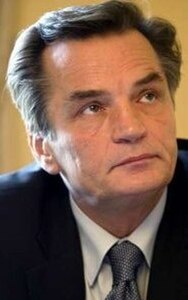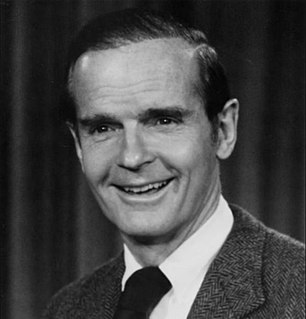The implementation of the Dayton Accords of 1995 has focused the efforts of policymakers in Bosnia and Herzegovina, as well as the international community, on regional stabilization in the countries-successors of the former Yugoslavia. Relations with its neighbors of Croatia, Montenegro and Serbia have been fairly stable since the signing of the Dayton Agreement in 1995.
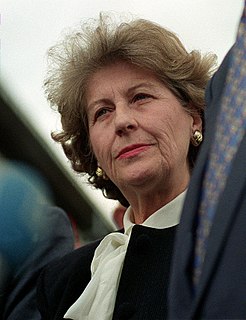
Biljana Plavšić is a former president of Republika Srpska who was indicted in 2001 by the International Criminal Tribunal for the former Yugoslavia (ICTY) for war crimes committed during the Bosnian War. She plea-bargained with the ICTY and was sentenced to 11 years in prison in 2003, to be served in a Swedish prison.

Republika Srpska is one of two constitutional and legal entities of Bosnia and Herzegovina, the other being the Federation of Bosnia and Herzegovina. The entities are largely autonomous. Its de jure capital city is Sarajevo, but the de facto capital and administrative centre is Banja Luka.

There is currently no official flag for the Federation of Bosnia and Herzegovina. The federation is part of the state of Bosnia and Herzegovina. The federation had its own flag between 1996 and 2007 and currently uses the flag of Bosnia and Herzegovina for official purposes.
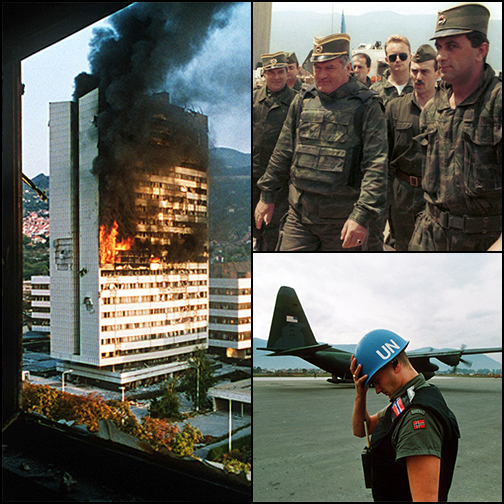
The Bosnian War was an international armed conflict that took place in Bosnia and Herzegovina between 1992 and 1995. Following a number of violent incidents in early 1992, the war is commonly viewed as having started on 6 April 1992. The war ended on 14 December 1995. The main belligerents were the forces of the Republic of Bosnia and Herzegovina and those of the self-proclaimed Bosnian Serb and Bosnian Croat entities within Bosnia and Herzegovina, Republika Srpska and Herzeg-Bosnia, which were led and supplied by Serbia and Croatia, respectively.

The term Bosnian genocide refers to either genocide at Srebrenica and Žepa committed by Bosnian Serb forces in 1995 or the wider ethnic cleansing campaign throughout areas controlled by the Army of Republika Srpska that took place during the 1992–1995 Bosnian War.

Momčilo Krajišnik is a former Bosnian Serb political leader, who along with Radovan Karadžić co-founded the Bosnian Serb nationalist Serb Democratic Party (SDS). Between 1990-92, he was Speaker of the People's Assembly of Republika Srpska. Between June and December 1992, he also served as member of the expanded Presidency of Republika Srpska.

Vilina Vlas is a hotel that served as one of the main detention facilities where Bosniak prisoners were beaten, tortured and the women sexually assaulted by Serbs during the Višegrad massacres in the Bosnian War of the 1990s. It is located about four kilometers north-east of Višegrad, in the village of Višegradska Banja.

Republika Srpska was a proto-state in Southeastern Europe under the control of the Army of Republika Srpska during the Bosnian War. It claimed to be a sovereign state, though this claim was not recognized by the Bosnian government, the United Nations, or any other recognized state. For the first few months of its existence, it was known as the Serbian Republic of Bosnia and Herzegovina.

Milorad Dodik is a Bosnian Serb politician, current chairman and Serb member of the tripartite Presidency of Bosnia and Herzegovina. Previously, he had served as the president of Republika Srpska between 2010 and 2018, and as the 6th and 10th Prime Minister of Republika Srpska between 1998 and 2001, and between 2006 and 2010. In the 2018 election Dodik was elected as the Serb Member of the Presidency of Bosnia and Herzegovina, defeating one-term incumbent Mladen Ivanić. Some observers have described his rule as authoritarian or autocratic with strong nationalist position.

Bosnia and Herzegovina v Serbia and Montenegro [2007] ICJ 2 is a public international law case decided by the International Court of Justice.

The Srebrenica Genocide Memorial, officially known as the Srebrenica–Potočari Memorial and Cemetery for the Victims of the 1995 Genocide, is the memorial-cemetery complex in Srebrenica set up to honour the victims of the 1995 Srebrenica genocide. The victims—at least 8,372 of them—were mainly males, mostly Bosniaks and some Croats.

Holocaust denial, the denial of the systematic genocidal killing of approximately six million Jews in Europe by Nazi Germany in the 1930s and 1940s, is illegal in 16 European countries and Israel. Many countries also have broader laws that criminalize genocide denial. Of the countries that ban Holocaust denial, some, such as Austria, Germany, Hungary, and Romania, were among the perpetrators of the Holocaust, and many of these also ban other elements associated with Nazism, such as the expression of Nazi symbols.
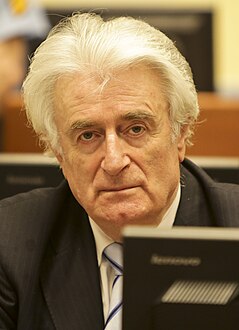
Radovan Karadžić is a Montenegrin Serb former politician and convicted war criminal who served as the President of Republika Srpska during the Bosnian War and sought the unification of that entity with Serbia.

Bosnian–Serbian relations are foreign relations between Bosnia and Herzegovina and Serbia. The modern-day countries both originated from Yugoslavia. The majority of population in both countries speak one of the standard varieties of Serbo-Croatian.
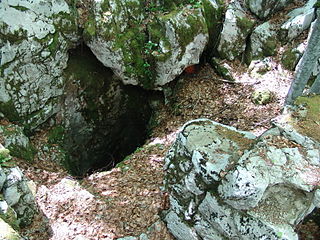
The Jadovno concentration camp was a concentration and extermination camp in the Independent State of Croatia (NDH) during World War II. Commanded by Juco Rukavina, it was the first of twenty-six concentration camps in the NDH during the war. Established in a secluded area about 20 kilometres (12 mi) from the town of Gospić, it held thousands of Serbs and Jews over a period of 122 days from May to August 1941. Inmates were usually killed by being pushed into deep ravines located near the camp. Estimates of the number of deaths at Jadovno range from 10,000 to 68,000, mostly Serbs. The camp was closed on 21 August 1941, and the area where it was located was later handed over to the Kingdom of Italy and became part of Italian Zones II and III. Jadvono was replaced by the greater sized Jasenovac concentration camp and its extermination facilities.

The Bijeljina massacre involved the killing of between 48 and 78 civilians by Serb paramilitary groups in Bijeljina on 1–2 April 1992 during the Bosnian War. The majority of those killed were Bosniaks. Members of other ethnicities were also killed, such as Serbs deemed disloyal by the local authorities. The killing was committed by a local paramilitary group known as Mirko's Chetniks and by the Serb Volunteer Guard, a Serbia-based paramilitary group led by Željko Ražnatović. The SDG were under the command of the Yugoslav People's Army (JNA), which was controlled by Serbian President Slobodan Milošević.
Bosnian genocide denial is an act of denying or the assertion that the systemic Bosnian genocide against Bosniak Muslim population of Bosnia and Herzegovina, as planned and perpetrated by Serb academic, political and military establishment, did not occur, or at least didn't occur in the manner or to the extent established by the International Criminal Tribunal for the former Yugoslavia (ICTY) and the International Court of Justice (ICJ) through its proceedings and judgments, and described by subsequent comprehensive scholarship.


